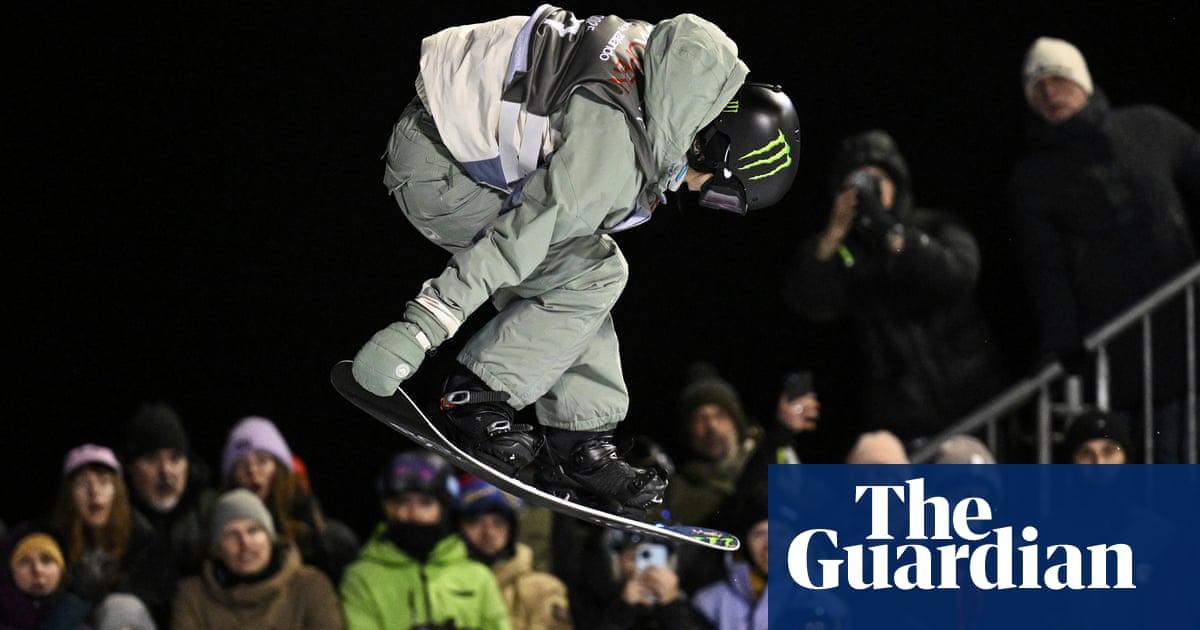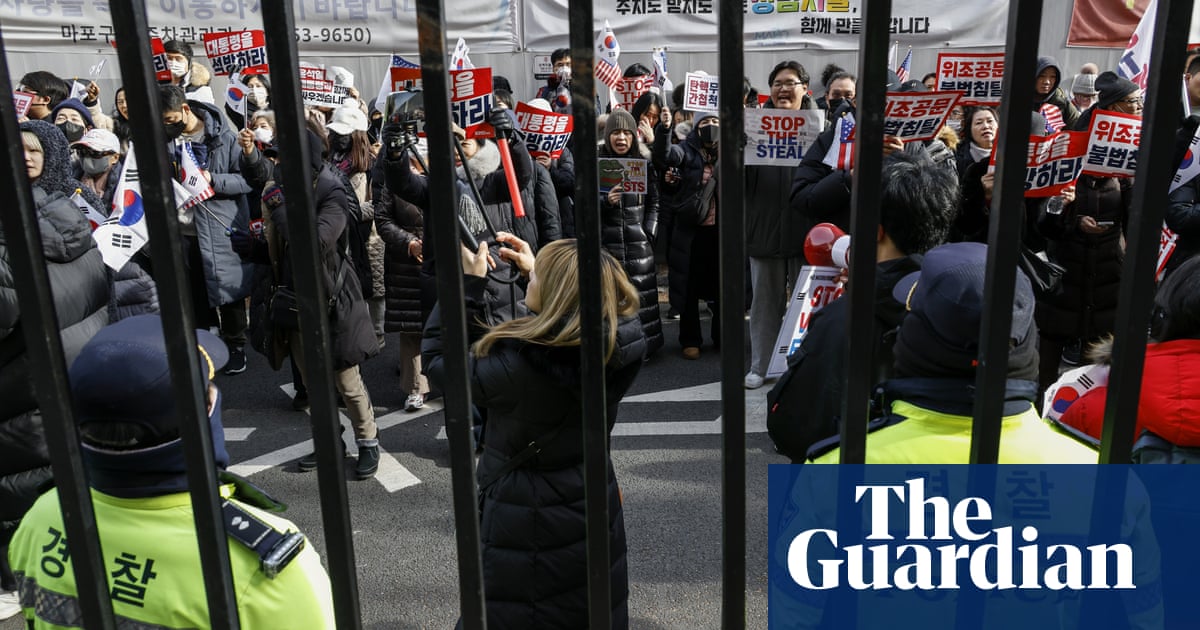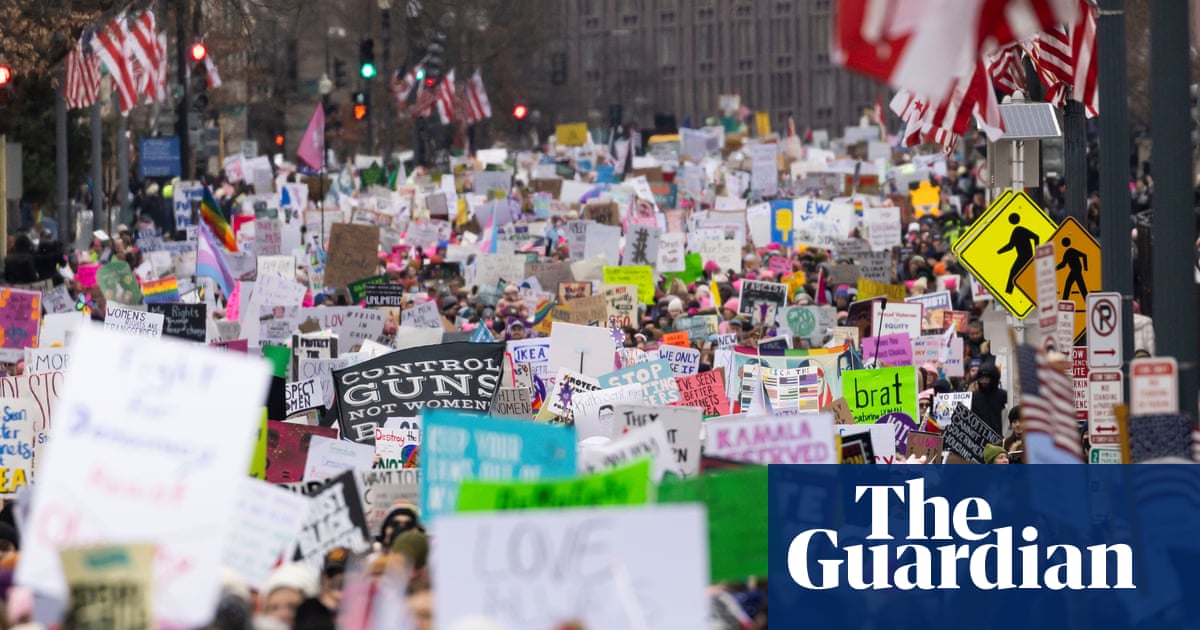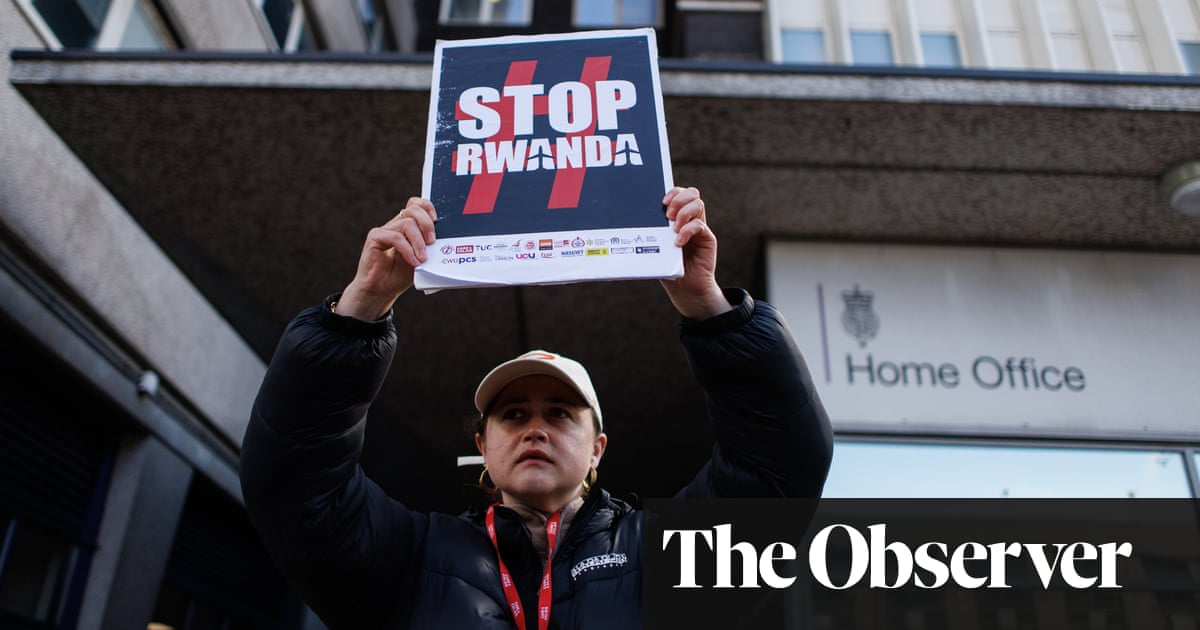There are few columnists with whom I disagree more than I do with the Daily Telegraph’s Allison Pearson. Yet, I welcome the decision by the police to drop their investigation into her alleged tweet. This should never have been a matter for the police. At the same time, the debate sparked by the investigation has shown how selective many free speech campaigners are about the speech they are willing to defend.
The facts of the case remain contested. It appears that in November 2023, Pearson retweeted a photo of police officers standing next to two men holding a flag. “Invited to pose for a photo with lovely peaceful British Friends of Israel on Saturday police refused. Look at this lot smiling with the Jew haters,” she wrote, apparently jumping to the conclusion that the image was of Metropolitan police officers with demonstrators from a pro-Palestinian march.
The photo had in fact been taken in Manchester several months earlier, during a celebration of Pakistan Independence Day. Eventually, after the facts were pointed out in several responses to Pearson’s tweet, she deleted it.
A year later, Essex police knocked on her door. Whether they told her they were investigating a “non-crime hate incident”, as Pearson claims, or informed her that they were pursuing an allegation of “potentially inciting racial hatred online”, as a partial extract of the bodycam transcript suggests, it was a case of police over-reach, especially given the tweet had been deleted a year earlier.
Pearson’s alleged tweet was a false claim based on a prejudice-driven assumption and an accusation of being “Jew haters” made against a group of people about whom she had little knowledge apart from that they were brown-skinned. Pearson insists she was simply “standing up for British Jews”. It is difficult to see how, with no evidence, labelling people as antisemites is helpful for Jews or anyone else. Nevertheless, however obnoxious that tweet, Pearson should be allowed to be that obnoxious if she so wishes. Such a tweet might shape our moral assessment of Pearson but it should not be a criminal matter.
In the debate that followed, many claimed that we are now living in “Soviet-style” Britain, to use Pearson’s phrase, a nation being turned into a “police state”, according to GB News. Such hyperbole both diminishes the horrors of real police states, from Belarus to Saudi Arabia, and misunderstands the social changes that have taken place in recent years. And while there is some truth to the charge of two-tier policing, it is nothing new. There is a long history of such policing in Britain. But when the targets of excessive policing were almost exclusively black people or Irish republicans or working-class militants, those campaigning on behalf of victims of perverted justice such as Winston Silcott or the Birmingham Six or the Shrewsbury 24 were often dismissed as mad lefties who hated Britain.
What is undoubtedly true, though, is that Britain has become more censorious in recent years and the law used to police political and moral boundaries. Whether it is drill musicians playing a song, activists describing politicians as “coconuts” or feminists accused of transphobic comments, the investigation, prosecution, even imprisonment, of people for what they have said or written is not unusual. And while many imply that the investigation into Pearson is an illustration of the police “taking sides” against supporters of Israel, pro-Palestinian voices have been particularly hit by the policing of speech.
In August, journalist Richard Medhurst was arrested under anti-terror laws, seemingly for something he had written. Another journalist, Asa Winstanley, had his home raided last month, and his electronic devices seized, apparently for his social media posts. Earlier this month, the academic Haim Bresheeth, founder of the Jewish Network for Palestine, was arrested for “hate speech” after a demonstration against the Israeli ambassador Tzipi Hotovely. Unlike the Pearson investigation, these more egregious cases barely made it into the media. One does not have to agree with the views of such writers or academics, any more than one has to agree with Pearson’s views, to defend their right to free expression.
Too many of those presenting themselves as champions of free speech are, though, selective about what speech they think should be free. Pearson has a history of trying to intimidate those who disagree with her too sharply. One notorious incident was a Twitter spat in 2021 with microbiologist Dave Bradshaw who had tweeted that Pearson and other journalists were “stoking hatred of and aggression towards NHS workers” during Covid.
Pearson threatened him with lawyers. When Bradshaw apologised and deleted his tweets, Pearson replied “You’re finished” and called out his employers, the pharmaceutical company GlaxoSmithKline. The following day, a petrified Bradshaw again apologised, imploring Pearson that he was “terrified and feeling suicidal” and “pleading for your mercy”.
Pearson once more threatened legal action and sought to involve his employers: “What does @GSK think about an employee who attacks journalists for reporting the truth?” Only after many prominent figures interceded on Bradshaw’s behalf did Pearson relent.
In the wake of the latest controversy, Pearson has again threatened those suggesting that her original tweet might be racist with legal action. One might have thought that someone who is on the advisory council of the Free Speech Union, which insists that “Robust debate… is the best way to resolve disagreements about questions big and small without descending to violence or intimidation” would think twice before threatening to lawyer-up against critics or doxing those who challenge her too robustly for her liking.
after newsletter promotion
Nor is Pearson particularly bothered about free speech for those holding political views she detests. Why, she asks, has Britain not “banned pro-Palestinian rallies” as France and Germany have done? A case of free speech for me but not for thee.
The Telegraph, too, is selective about what speech should be free. Last year, for example, it denounced civil servants for inviting me to speak to them because I had been horrid to Suella Braverman and was a critic of her immigration policies.
Free speech is an essential weapon in the struggle for social change, and too many on the left fail to recognise its importance. But a selective defence of free speech is no defence at all. Demanding “free speech for me but not for thee”: that is the voice of privilege, not of progress.
Kenan Malik is an Observer columnist
-
Do you have an opinion on the issues raised in this article? If you would like to submit a letter of up to 250 words to be considered for publication, email it to us at [email protected]

 1 month ago
34
1 month ago
34













































